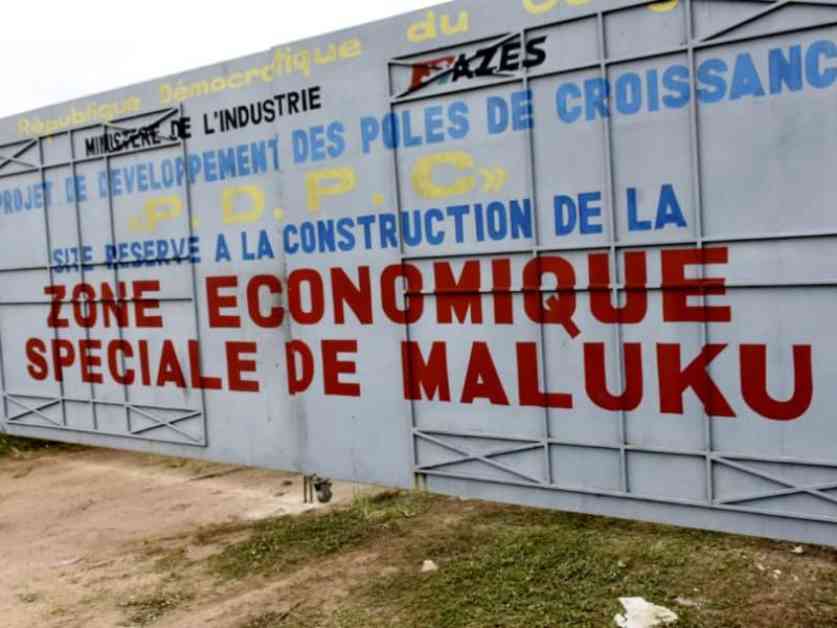Government Introduces Three Decrees to Enhance Competitiveness in Economic Zones
In a recent extraordinary meeting held on Wednesday, January 15, 2025, at the African Union Headquarters, under the leadership of President Félix-Antoine Tshisekedi, three decrees related to the industry sector were adopted by the Council of Ministers. These decrees aim to strengthen the legislation governing economic zones in the Republic Democratic of Congo (RDC) in order to enhance competitiveness and drive economic growth.
Decrees to Enhance Economic Zones
According to Louis Watum Kabamba, the Minister of Industry and Small and Medium Enterprises, the decrees focus on the rules governing the organization and operation of the steering committee of special economic zones, the modification of decree n°15/007 of April 14, 2015, which established the Agency for Special Economic Zones (AZES), and the procedures for the participation of developers and companies within these zones.
The Minister highlighted that these legislative changes are essential to align regulatory frameworks with the socio-economic and legal environment of the country, modernize them in line with international best practices, and make them more competitive compared to existing regimes in the region.
Economic Impact of the Decrees
The introduction of these decrees comes at a time when products from the pilot special economic zone in Maluku, such as tiles and ceramics, are already being delivered to the market in Kinshasa. The Maluku special economic zone, spanning 880 hectares with 244 currently under development, is home to companies like Varum Beverages RDC Sarl, known for producing Pepsi soft drinks, and Sopaco Sarlu, specializing in palm oil processing.
The government, through the Ministry of Industry, is committed to realizing this project, which aims to ensure the economic independence of the RDC and boost economic growth in the region.
Legal Framework for Economic Zones
In Africa, the Republic Democratic of Congo stands out for its robust legislative framework governing special economic zones. Law n°14/022 of July 7, 2014, establishes the regime of special economic zones in the RDC, aiming to attract investments through the creation of these zones in accordance with the Constitution. This law defines the rules for organizing and operating special economic zones, their missions, and boundaries.
Decree n°15/007 of April 14, 2015, which established the Agency for Special Economic Zones (AZES), assigns the agency the responsibility of managing, regulating, monitoring, and controlling activities related to the development and management of special economic zones in the RDC.
As the Republic Democratic of Congo continues to strengthen its legislative framework for economic zones, the government’s efforts are geared towards fostering a more competitive business environment and driving economic development in the region. These decrees mark a significant step towards achieving these goals, setting the stage for increased investment and growth opportunities in the country.
—
When I think about the impact of these legislative changes on local businesses and communities, I can’t help but feel optimistic about the future of economic development in the Republic Democratic of Congo. The introduction of these decrees not only aims to enhance competitiveness but also signals a commitment to modernizing regulatory frameworks and aligning them with international standards.
Imagine the possibilities that lie ahead for companies operating within these special economic zones – increased access to markets, streamlined processes, and a more conducive business environment. As we witness the first products from the pilot zone in Maluku hitting the market, it’s clear that these initiatives are already bearing fruit.
For entrepreneurs and investors looking to tap into the potential of the RDC, these legislative changes offer a glimpse of the opportunities that await. By creating a more competitive and attractive investment landscape, the government is paving the way for sustainable economic growth and prosperity in the region.
So, as we reflect on the significance of these decrees, let’s also look towards a future where innovation, growth, and prosperity are within reach for all who seek to contribute to the economic development of the Republic Democratic of Congo.

















